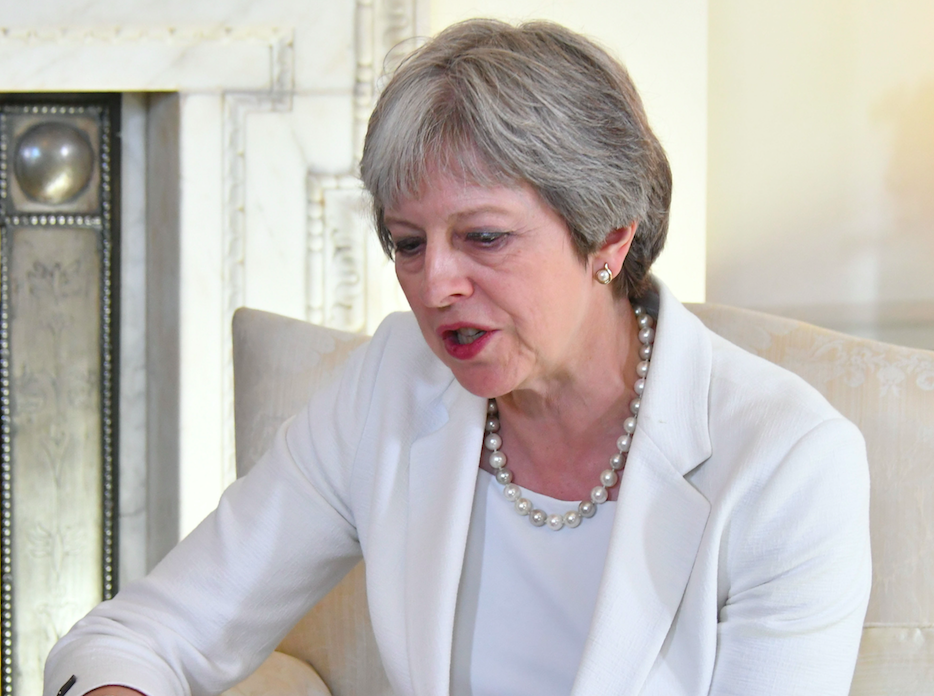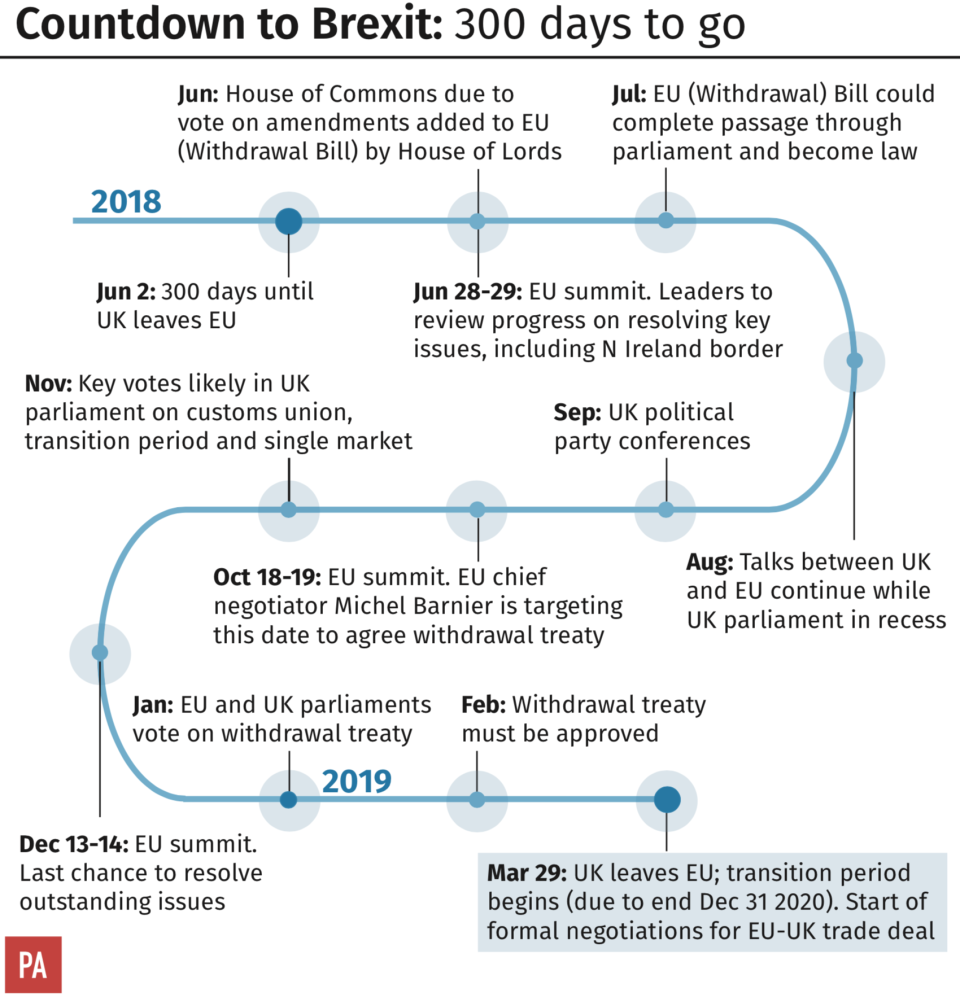Brexit divorce bill could be £10 billion higher than the Government has admitted

The final cost of Britain’s divorce from the EU could cost billions more than the Government has previously estimated, MPs have warned.
The Commons Public Accounts Committee said there was a ‘risk’ that the final Brexit settlement could exceed the Treasury’s ‘narrow’ estimate of £35 billion to £39 billion.
It said the official figure failed to to take account of at least £10 billion in costs which the Government will have to pay to Brussels as part of the overall settlement, including nearly £3 billion in contributions to the European Development Fund.

The committee warned that the so-called ‘Brexit dividend’ – the money the UK will no longer have to pay in to the EU once it has left – was ‘hard to calculate’ and that Britain could still be making payments to Brussels for decades to come.
The finding is potentially embarrassing for Prime Minister Theresa May, who has said the Brexit dividend will help fund her promised £20 billion-a-year spending boost for the NHS.
In its report, the committee said the way the settlement was calculated meant some of the UK’s liabilities would not be known until 2022 when the final tally will be made of Britain’s budget contributions for 2014 to 2020, based on national income over that period.
BREXIT DEVELOPMENTS – MORE ON YAHOO UK:
Article 49: What is it and how can it reverse Brexit after the UK leaves the EU?
How the ‘Brussels Effect’ will continue to run Britain’s economy long after Brexit
How will Brexit affect your finances in 2018?
Facebook widens probe into Russian influence on Brexit vote
Second vote not undemocratic, Irish PM says on Brexit
While the Treasury estimated that 60% of the settlement would be paid off by the end of 2021, the committee said payments to meet Britain’s estimated £8.6 billion liability for its share of EU staff pensions and post-employment sickness benefits could run to ‘at least 2064’.
The committee said: ‘There is a risk that the amount the UK actually pays will fall outside the narrow range estimated by the Treasury of £35 billion to £39 billion.
‘In making this estimate, the Treasury has undertaken limited analysis of the impact of changes to the assumptions on which the settlement estimate is based, considering the inherent uncertainty involved in forecasting future events.’

It added: ‘There is much talk of an EU dividend but our work has highlighted a number of as yet uncertain costs. Any dividend will be hard to calculate and, if it materialises, is some years away.’
The committee said that if MPs were to have a ‘meaningful vote’ on the withdrawal agreement later in 2018, they would need an up-to-date estimate of the divorce bill as well as better information about the wider costs of leaving the EU.
Committee chairwoman Meg Hillier, who voted to Remain in the EU referendum, said: ‘The true cost of Brexit is a matter of outstanding public interest. Government must provide Parliament and the public with clear and unambiguous information.

‘Government’s narrow estimate of the so-called divorce bill does not meet this description. It omits at least £10 billion of anticipated costs associated with EU withdrawal and remains subject to many uncertainties.
‘Given these uncertainties, it is critical that Parliament and the taxpayer are kept informed as agreements are reached and new information becomes available.
‘Government must explain how it will approach this task and waste no time in getting on with it.’

 Yahoo News
Yahoo News 

